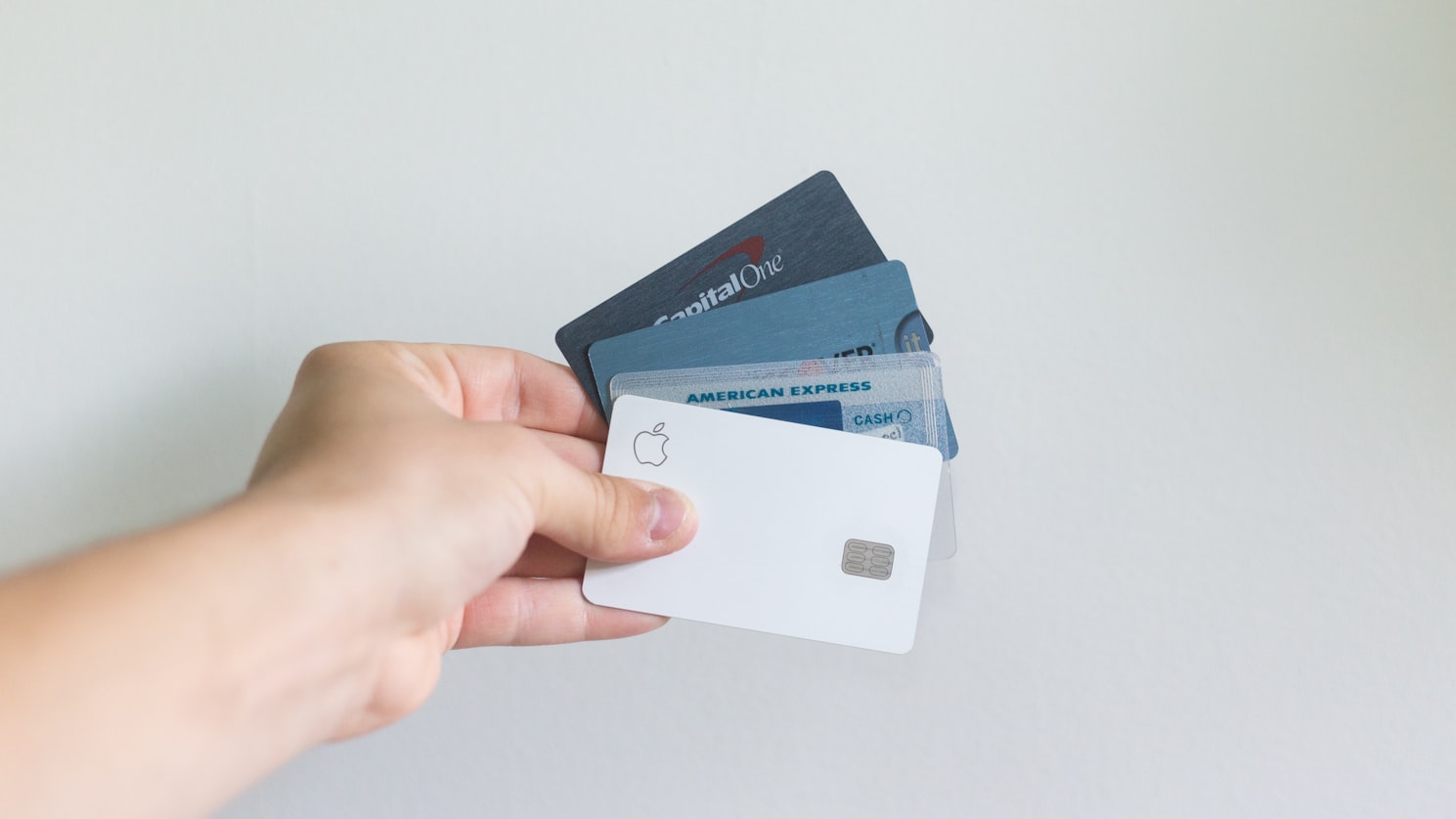Taking care of your finances can improve your standard of living, give you a sense of security, open doors for you, or even enable you to help others in life-changing ways. Whatever your reasons are for wanting to improve your financial situation, here are 12 great ways to do it.

1. Read A Personal Finance Book
Especially great for beginners, reading a book about finances can give you the fundamentals you need to set yourself up for success. There are books on anything from eliminating debt to investing in things like index funds. While not every book will be the most up-to-date, they’ll have the timeless truths you’ll need to get the ball rolling. For those of you who don’t like reading, you can get an audio book. If you’re trying to be especially frugal, go to your local library.
If you’re interested in specific book recommendations, or services I recommend in general, check out my recommendations page.
2. Create A Budget
I discussed creating a budget in more detail here. Budgeting makes it easier to manage your finances and make changes as you need to. Your budget is your first line of defense against unnecessary spending, and one of the simplest and most effective tools at your disposal.
If you’ve been budgeting, but are still having issues sticking to it, it’s probably time to make an itemized budget. Specifically, break down your expenses into several categories and review them each month. You should look at every transaction you made and place it in the appropriate category. This way you get a more concrete display of where you’ve been messing up. Of course, if a less intensive approach is working, you don’t need to shake things up.

3. Cut Expenses
Most of us can afford to cut a few things out of our budget. Maybe you spend a little too much on coffee each morning, maybe you go to the movies a few too many times each month, or perhaps you have too many subscription services. There are a million and one “tiny” expenses you can cut in order to save money.
In my opinion, if you have the ability, you should look at cutting expenses related to your housing, car, or food. The average person can usually cut at least one of those in half. Have a car payment? Buy used. Rent a big house? Think about downsizing – you could even potentially save money by becoming a homeowner. As far as food is concerned, most people eat out far more than they need to, which is something that can easily add hundreds to your monthly expenses.
4. Plan A Weekly Or Monthly Menu
Yes, I may be beating a dead horse. While this clearly focuses on cutting expenses in the “eating out” category, there is more to it than that. Rather than just trying to force yourself to eat out less, planning a menu makes it concrete and helps avoid the temptation of eating out altogether. Additionally, if you know what you’re going to make ahead of time, you can often buy in bulk and spend even less on groceries than if you were doing everything ad hoc or deciding last minute.
Planning a menu each week or month may not be for everyone, but I’d recommend giving it a shot – you might be surprised.

5. Pay Off Your Debt
Still have student loans? Credit card or consumer debt? Pay it off! In this article I discussed two great debt repayment strategies that work wonders. As a rule of thumb, make sure you don’t take on any new high-interest debt. Once you’ve paid back all your debt, a weight will be lifted off your shoulders. You can’t achieve true financial freedom while being under a mountain of debt, especially high-interest debt like what you get from credit cards.
6. Start Using Credit Cards More
Sounds backwards, doesn’t it? I did just say to avoid debt from credit cards after all! However, many credit cards offer rewards programs that can actually earn you money when you use them. If you’re disciplined with your spending, I highly recommend taking advantage of these rewards. However, if you have a hard time keeping your spending in check – feel free to skip this one.

7. Automate Savings Or Investments Every Month
Obviously saving and investing regularly is a must, but automating savings or investments is a huge boon. It eliminates some headache for you and frees up some more time, but that’s not all. It makes sure that a set amount is in fact going towards your goals regularly and without a doubt. Automating them also makes it easier to not go over your budget, if the money is already out of your account you will be far less likely to spend it. For those who are starting to get serious about your investments, I highly recommend M1 Finance or Vanguard. If you’re brand new to investing, I recommend trying out Acorns to help you get started. If you want more information before you begin – here is my article on index funds.
Whether you’re growing an emergency fund, investing in an IRA or 401k, or just investing in general, automation is nothing but a boon for you.
8. Set Concrete Goals
Sitting down and planning for your financial future is important but be sure to make your goals as concrete and “real” as possible. It’s okay to have one overarching main goal, like obtaining financial freedom, but be sure to define what that is for you. Additionally, set up several smaller goals on the path to your main one. Going with the example of obtaining financial freedom, a short-term goal may be to increase your 401k contributions by a flat amount each month until you are contributing $500 more than you originally were. In my experience, having just a couple long-term goals and breaking each up into two or three short-term goals has been a huge help with increasing productivity. You might have a different way of organizing it or thinking about it (which is perfectly fine), but be sure you’re making your goals and plans actionable things you can start working on today. Just saying your goal is to become a millionaire is meaningless if you don’t set up a path to get there.
As a bonus, keep a list of short-term accomplishments and any milestones you may’ve reached. This should help you realize how much progress you’re making and help keep you motivated. Often it is easy to get distracted by the sheer amount of work we have left that we forget how much we’ve already achieved.

9. Get Serious About Saving For Retirement
You’ll need quite a bit if you plan on retiring in your 60’s and much more if you want to retire earlier. Meeting your employer’s 401k match is a great first step, but if you want to make sure you’ll have a financially secure retirement you need to save 15-20% of your income. Sound hard? It shouldn’t. That should be a minimum, and most people DO have enough to do it.
Once you can consistently save 15-20% of your income, start shooting for 50%. Now that is a lot more than most can likely afford on modest salaries and large households. However, if you live in a two-income household, or have a larger-than-average income, this can be a very achievable. Whether it is realistic in your situation or not, I’d recommend trying to see how close you can get and keep it as consistent as possible.
10. Create Multiple Sources Of Income
Scraping by from the salary your job provides? Add in another source of income, and that’s all money that can go straight to your investments. It doesn’t have to be another job either. Get creative with it, start your own small business or begin freelancing. These days there are tons of ways to make more money that are flexible enough to easily be worked around a standard 9-5 job.
If you’re not sure where to start, I wrote an article on side hustles that can be lucrative.
11. Maximize Employee Benefits
This should be a given. Hit that 401k match. Use cheaper insurance options. Take vacation. Use employee discounts. If your employer offers a perk that you can use for your benefit, take advantage of it. Benefits are part of your compensation and should not be overlooked, yet frequently are. If you don’t know how you can make use of your current benefits, get in touch with your HR representative or manager.
12. Take the time to learn something new
A little corny, I know. You can laugh, but learning something new every day or every week will improve other aspects of your life. While learning is rewarding in its own right, obtaining one skill often bleeds into other skills and augments your abilities overall. For example, learning to code may give you the ability to start a side hustle or automate some mundane work in your life. Additionally, it helps you understand technology better, which will make it easier for you to use different types in the future. Don’t underestimate the value of continued education, regardless of your age or income.

Conclusion
Clearly these aren’t all the ways to improve your finances, but they’re certainly a good start. If you have any of your own you’d like to share, please mention them in the comments. If you’re interested in more things you can do to improve your financial situation, check out this article on good financial habits. For more content like this, and a free budgeting template and financial goals worksheet, be sure to sign up for the Bitter to Richer newsletter.



